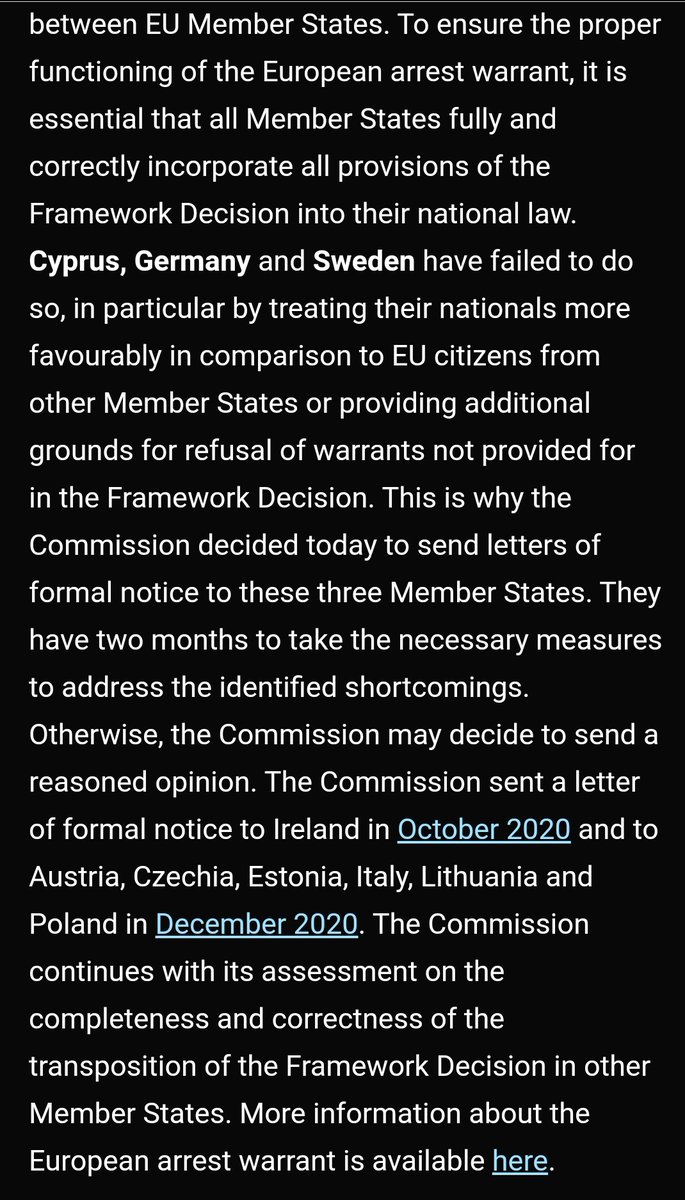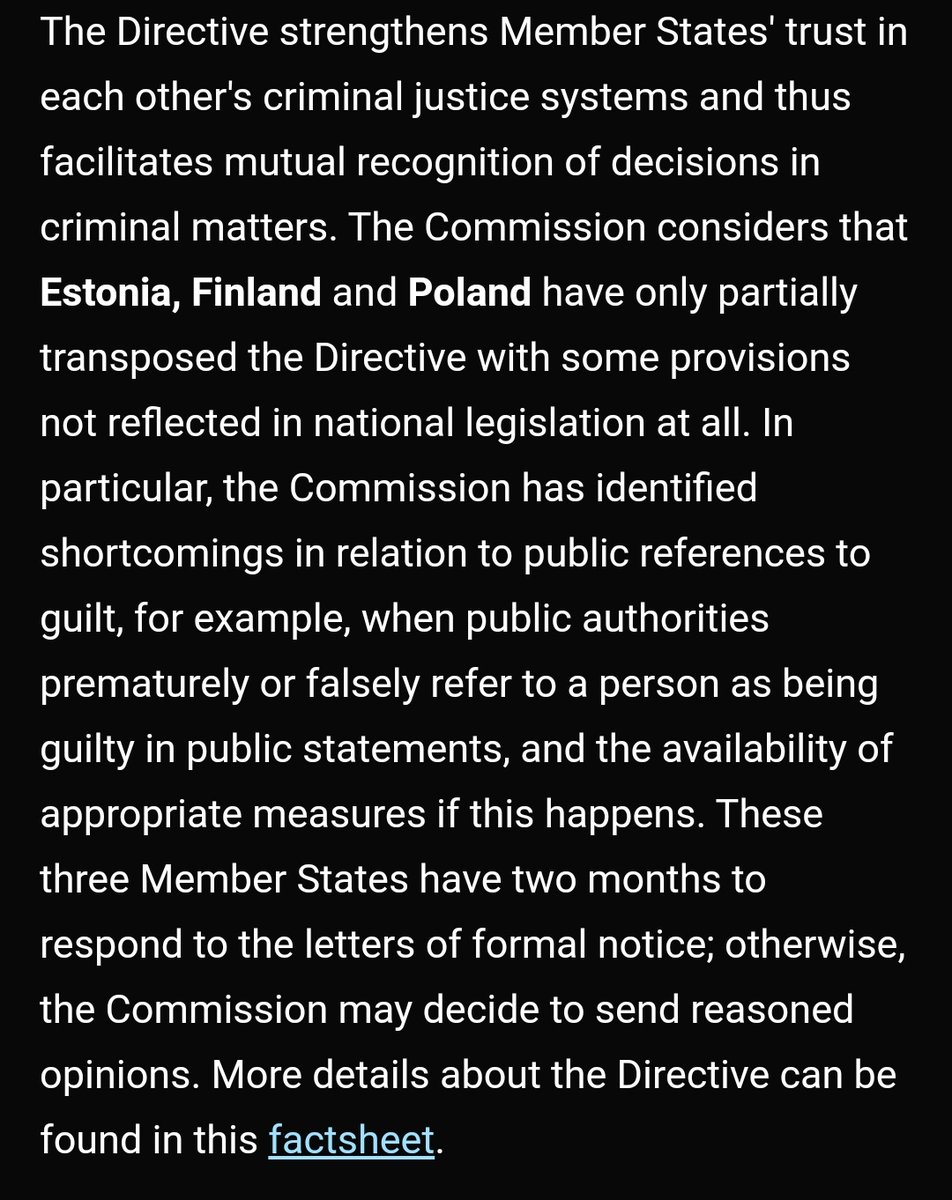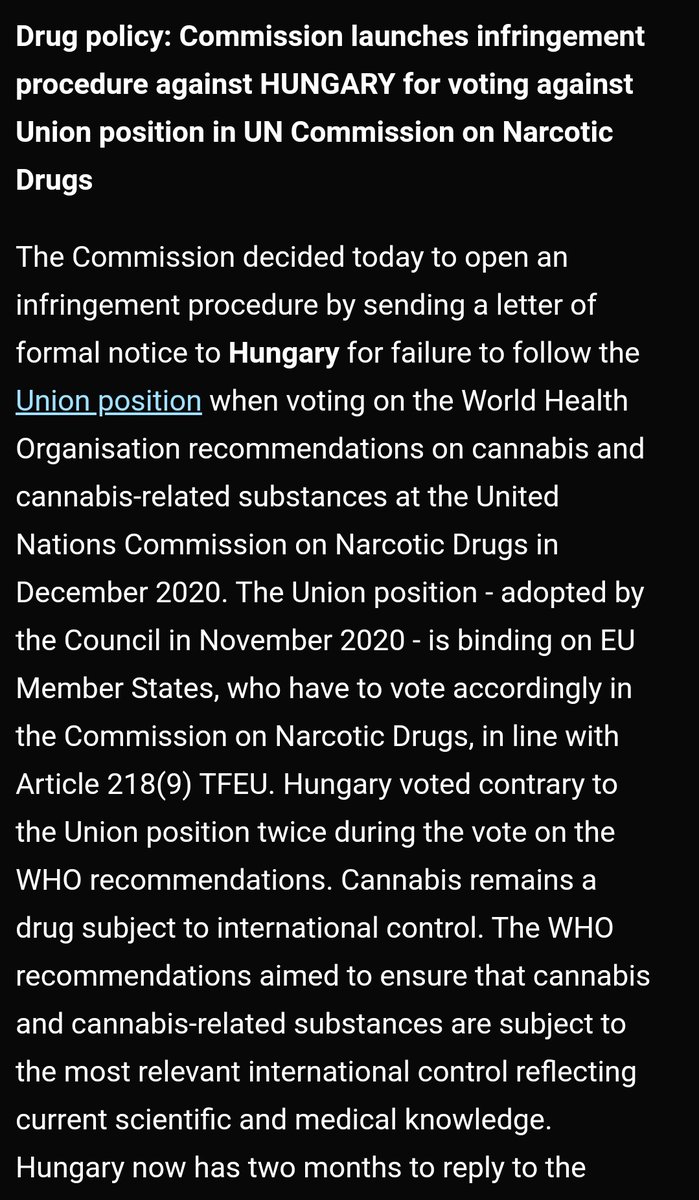Categories Law
7 days
30 days
All time
Recent
Popular
We are live!
Good evening everyone! Welcome to the Year 2021 and the first KP Social Media Discussion of the year. Today we are gonna discuss the concept of digital identity and the legal issues it raises.
It is not news that the fourth industrial revolution has led to many novel innovations on how everyone lives their lives.
Most operations in life can now be done digitally since the rise of the digital age and social networking, and since the Corona Virus mandated lockdowns most social interactions from work to school to parties, weddings and funerals are done digitally.
In Nigeria, there is a ramped up pressure to create a digital profile for every Nigerian through the National Identity Card Scheme which is now operated by the Federal Ministry of Communications and Digital Economy.
Our Social Media Discussions are Back!
— Kenna Partners (@Kenna_Partners) January 13, 2021
Today our topic is: Digital Identity and the Law
Join the Conversation on Twitter by 5PM! pic.twitter.com/TbbqMMQbLc
Good evening everyone! Welcome to the Year 2021 and the first KP Social Media Discussion of the year. Today we are gonna discuss the concept of digital identity and the legal issues it raises.
It is not news that the fourth industrial revolution has led to many novel innovations on how everyone lives their lives.
Most operations in life can now be done digitally since the rise of the digital age and social networking, and since the Corona Virus mandated lockdowns most social interactions from work to school to parties, weddings and funerals are done digitally.
In Nigeria, there is a ramped up pressure to create a digital profile for every Nigerian through the National Identity Card Scheme which is now operated by the Federal Ministry of Communications and Digital Economy.
But you see you don't actually understand how lawmaking works there's this set of procedures and dates that BLEAAAARGHHHHHvomitvomit
Neoliberalism is an economic genocidal ideology predicated on maintaining capitalism, and capitalism is the impoverishment, oppression and death of poor people because that's the OBJECTIVE of capitalist ideology. It's a malthusian ideology.
Neoliberals are the original Alt-Right
Capitalism has ZERO todo with "markets vs. no markets," or "central planning vs. decentralization." That's *propaganda*. That's a diversion.
Capitalism is the NAME OF THE ABSENCE of any support for poor people. In capitalism, giving ANY power to poor people is a CRIME.
Capitalism has an *exception* to the strict forbiddance of giving any economic power to the 99%, and that is the concept of "Merit."
If you act as a SLAVE (wage slave), then you can get some crumbs to *temporarily* avoid your death. While you are mechanically useful.
These fucking Neoliberals which are 99% of the Democratic Party in the US are all POSING as nice people. They are not. They are all sociopaths.
This economic fascism is so thoroughly normalized in the US that nobody has a concept of what capitalism is.
The next day, she voted to move the bill without the 2k. Such a fucking phoney. https://t.co/3aiwDROypo
— ProgressiveSoapbox (@theProgSoapbox) December 31, 2020
Neoliberalism is an economic genocidal ideology predicated on maintaining capitalism, and capitalism is the impoverishment, oppression and death of poor people because that's the OBJECTIVE of capitalist ideology. It's a malthusian ideology.
Neoliberals are the original Alt-Right
Capitalism has ZERO todo with "markets vs. no markets," or "central planning vs. decentralization." That's *propaganda*. That's a diversion.
Capitalism is the NAME OF THE ABSENCE of any support for poor people. In capitalism, giving ANY power to poor people is a CRIME.
Capitalism has an *exception* to the strict forbiddance of giving any economic power to the 99%, and that is the concept of "Merit."
If you act as a SLAVE (wage slave), then you can get some crumbs to *temporarily* avoid your death. While you are mechanically useful.
These fucking Neoliberals which are 99% of the Democratic Party in the US are all POSING as nice people. They are not. They are all sociopaths.
This economic fascism is so thoroughly normalized in the US that nobody has a concept of what capitalism is.
Some WESC submissions that are worth a read....(my thread of bookmarks)
Judge Paula Grey is president of the Gender Recognition Panel
She doesn't make any recommendations, but she sets out how the process currently works
Which chimes with my analysis of the GRP User Panel and statistics https://t.co/XixEz7lNJv
She is also co-author if the Equal Treatment Bench Book and writes about how the judges are trained by Gendered Intelligence

There is the government's own response
https://t.co/bOn9XecAkz
On single sex spaces they say the law is clear that service providers are able to restrict access to spaces on the basis of biological sex where there is clear justification.

The response from @womensaid is significant.
Their members want trans survivors to get support they need but not by undermining their ability to serve women with female staff & female only services
They highlight lack of clarity
https://t.co/p7096sZcos
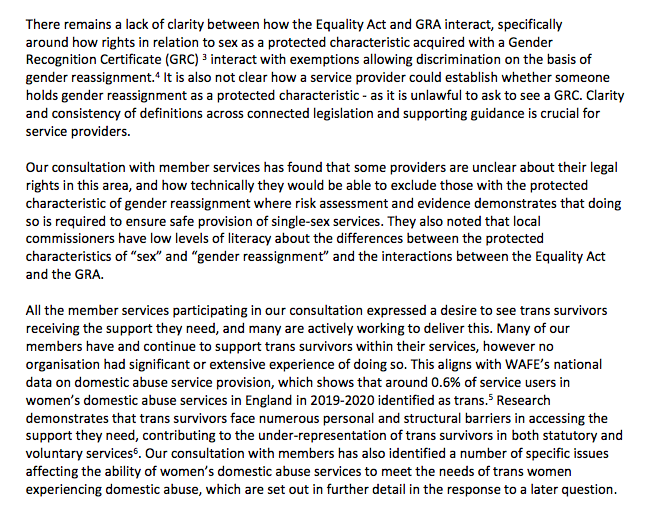
This was their position in 2015
They have moved on alot - they have been consulting with members since last year, and have had the courage to say what their members told them, not what Stonewall wanted to
Judge Paula Grey is president of the Gender Recognition Panel
She doesn't make any recommendations, but she sets out how the process currently works
Which chimes with my analysis of the GRP User Panel and statistics https://t.co/XixEz7lNJv
She is also co-author if the Equal Treatment Bench Book and writes about how the judges are trained by Gendered Intelligence

There is the government's own response
https://t.co/bOn9XecAkz
On single sex spaces they say the law is clear that service providers are able to restrict access to spaces on the basis of biological sex where there is clear justification.

The response from @womensaid is significant.
Their members want trans survivors to get support they need but not by undermining their ability to serve women with female staff & female only services
They highlight lack of clarity
https://t.co/p7096sZcos

This was their position in 2015
They have moved on alot - they have been consulting with members since last year, and have had the courage to say what their members told them, not what Stonewall wanted to
Thread on the #keirabell judgement and sorry state of evidence-lead health policy in New Zealand.
We have further confirmation that there is no good evidence of benefit from puberty blockers, and significant risks.
1/11
The judges heard evidence for and against, and testimony from former patients. They ruled that puberty blocking is "experimental", with "very limited evidence as to its efficacy"
An unsurprising finding if you're familiar with the literature.
2/11
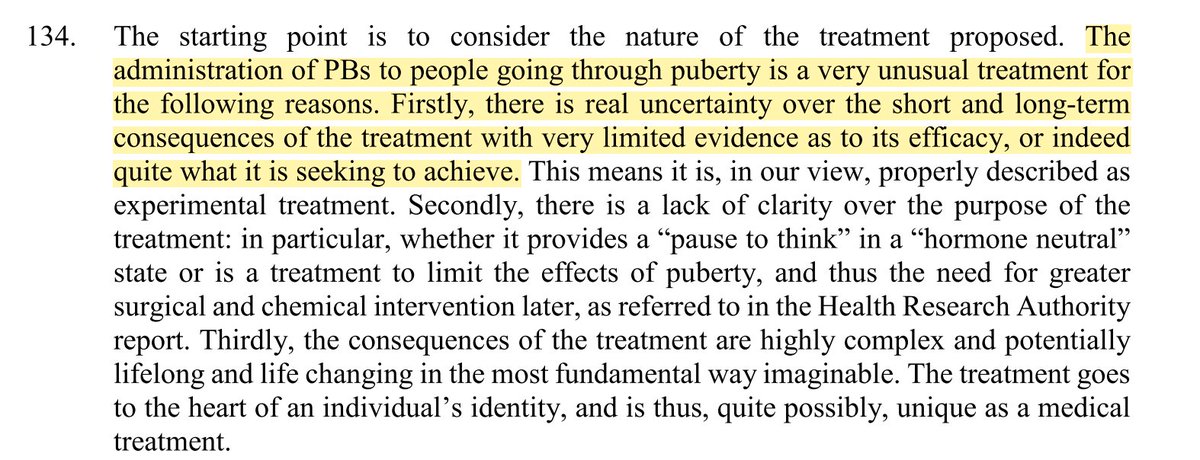
This is a continuation of the findings from the national health body reviews from Sweden and Finland. Both find that evidence is insufficient.
A review by the Center for Evidence Based Medicine at Oxford University highlighted the "profound scientific ignorance" on the the use of puberty
A 2018 review by an Australian expert group finds that all studies on the psych effects of puberty blockers have a medium or high risk of bias.
5/11
https://t.co/7L5dLrr5Zo
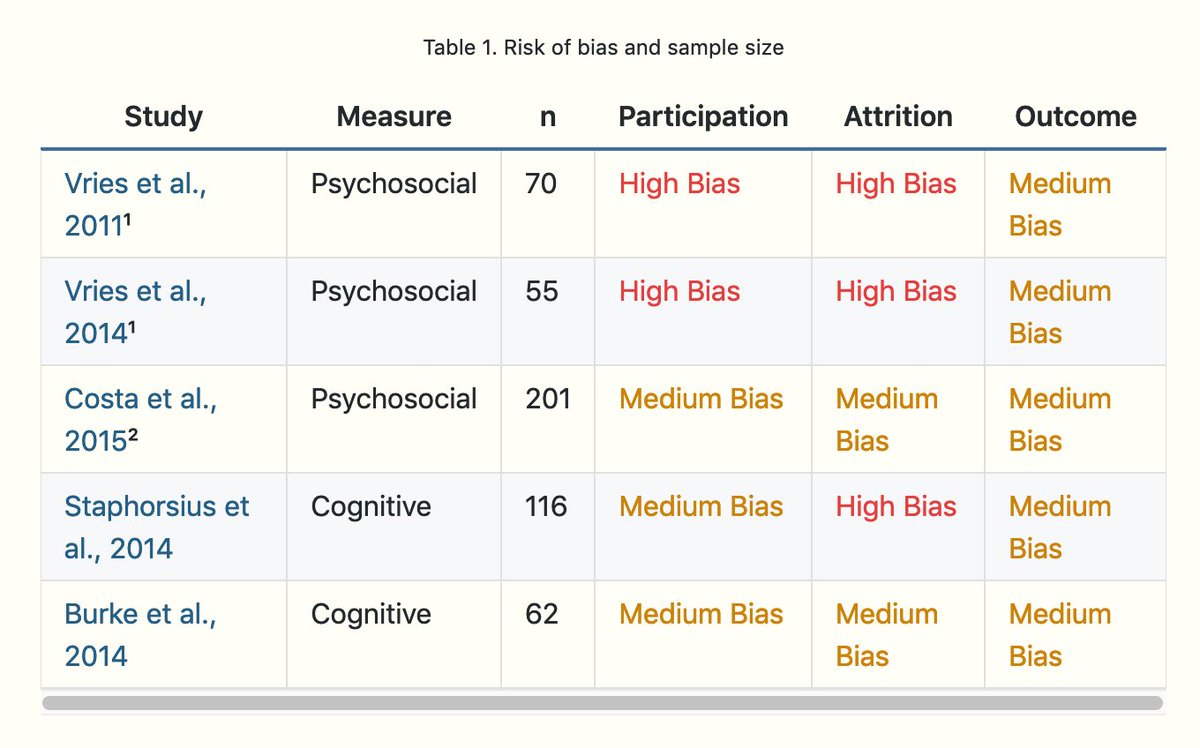
We have further confirmation that there is no good evidence of benefit from puberty blockers, and significant risks.
1/11
The judges heard evidence for and against, and testimony from former patients. They ruled that puberty blocking is "experimental", with "very limited evidence as to its efficacy"
An unsurprising finding if you're familiar with the literature.
2/11

This is a continuation of the findings from the national health body reviews from Sweden and Finland. Both find that evidence is insufficient.
A review by the Center for Evidence Based Medicine at Oxford University highlighted the "profound scientific ignorance" on the the use of puberty
A 2018 review by an Australian expert group finds that all studies on the psych effects of puberty blockers have a medium or high risk of bias.
5/11
https://t.co/7L5dLrr5Zo

Why Secession Won't Work - A Thread:
1. It's an outdated idea from a time when the country didn't have every square inch occupied with entrenched infrastructure.
2. Every angry person who wants to secede is surrounded by millions of others that don't.
3. There is no separate area of America for the angry minority to move to alone, because #2. You can't force millions out of their jobs and lives to claim a geographical area.
4. People screaming for secession don't understand the umbrella of comforts and protections they live
under. Infrastructure, healthcare, military treaties, all of which will have to be restarted and renegotiated from a position of weakness, with a fraction of our country's population. Wide open to attack, invasion, and denial of service by surrounding countries.
5. The logistical nightmare of filling the needed job roles that make a society function. Like your job in America? Have fun taking a job you hate because Secessionland needs menial laborers more than you need to be happy.
6. And speaking of creature comforts -
Better hope that Starbucks, restaurants, auto manufacturers, internet providers, and other modern services are willing to do business with a struggling, impoverished new nation - again, bargaining from a position of weakness. They don't just magically exist in your new country.
1. It's an outdated idea from a time when the country didn't have every square inch occupied with entrenched infrastructure.
2. Every angry person who wants to secede is surrounded by millions of others that don't.
The @TexasGOP is out with a statement in the wake of the Supreme Court decision, all but calling for secession:
— Adam Kelsey (@adamkelsey) December 12, 2020
\u201cPerhaps law-abiding states should bond together and form a Union of states that will abide by the constitution.\u201d pic.twitter.com/4bB3gk88t4
3. There is no separate area of America for the angry minority to move to alone, because #2. You can't force millions out of their jobs and lives to claim a geographical area.
4. People screaming for secession don't understand the umbrella of comforts and protections they live
under. Infrastructure, healthcare, military treaties, all of which will have to be restarted and renegotiated from a position of weakness, with a fraction of our country's population. Wide open to attack, invasion, and denial of service by surrounding countries.
5. The logistical nightmare of filling the needed job roles that make a society function. Like your job in America? Have fun taking a job you hate because Secessionland needs menial laborers more than you need to be happy.
6. And speaking of creature comforts -
Better hope that Starbucks, restaurants, auto manufacturers, internet providers, and other modern services are willing to do business with a struggling, impoverished new nation - again, bargaining from a position of weakness. They don't just magically exist in your new country.


